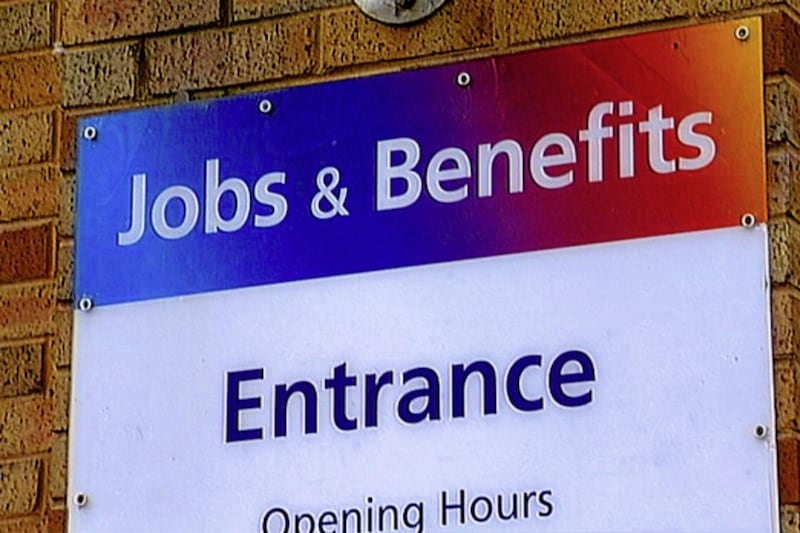NINETY employers have notified Stormont since March of plans to make 6,800 redundancies, a new report has shown.
The latest labour market analysis produced by the Northern Ireland Statistics and Research Agency (NISRA), said the six-month figure was higher than the number of proposed redundancies in any calendar year since 2001.
The actual number of redundancies is likely much higher. Firms are only required by law to give 30 days’ notice to the Department for the Economy (DfE) when cutting at least 20 jobs. The notification period for 100 or more redundancies is 90 days.
NISRA said 700 redundancies were proposed in August, but another 880 were proposed in the first two weeks of September.
Not all proposed redundancies result in job losses, but economists have anticipated a surge in redundancies in the closing phases of the UK Government’s Coronavirus Job Retention Scheme, which ends on October 31.
HMRC said that the number of people furloughed at some point under the scheme in the north reached 249,600 at the end of July.
Another 800 people were added to Northern Ireland’s claimant count in August, taking the total to 62,700, an increase of 33,000 since March 2020.
It includes people on Jobseeker’s Allowance and Universal Credit, claiming mainly for the reason of being unemployed.
Despite the surge in the claimant count, Northern Ireland’s official unemployment rate remains at 2.9 per cent.
Ulster Bank’s chief economist Richard Ramsey predicts that the figure will be catapulted into high single-digits when the furlough scheme ends.
“Ultimately, as the recession progresses, the unemployment rate is expected to exceed 10 per cent and 25 per cent plus for those aged 18-24 years,” he said.
“Overall, in labour market terms, this recession will be more marked than the last one. Job losses will be greater, unemployment higher and more sectors will be adversely affected.
“Unlike the last recession, however, the job losses are likely to be more balanced from a gender perspective,” he added.
“Last time around in the so called ‘Mancession’, males outnumbered females two-to-one with job losses. That was due to the concentration of job losses within the male dominated construction and manufacturing sectors.
“This time around services is in the frontline for job losses. Sectors such as retail and hospitality have higher concentrations of females than males.
“From a gender equality perspective, this recession will be more equal than the last one.”
Read more: Hillsborough Castle to cut 33 jobs as Covid-19 decimates finances








